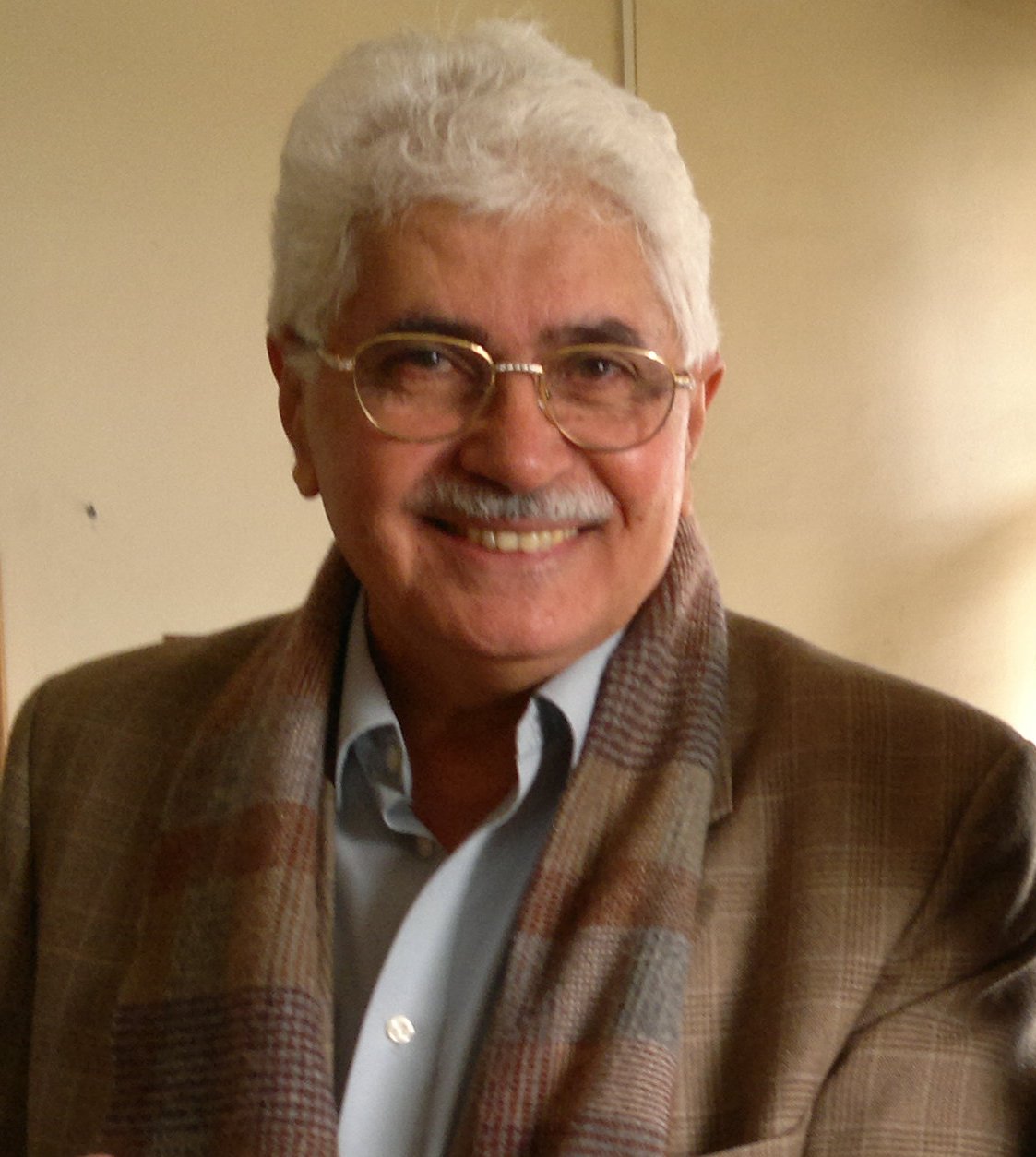|
|
Biography |
|
|
 Sherif Hussein Kandil
Professor Sherif Kandil, Department of Materials Science, Institute of Graduate Studies and Research, Alexandria University, Egypt.
Dr Kandil obtained his B.Sc. (1967) from Alexandria University, Egypt, and Ph.D. (1977) from Lancaster University, U.K.
He has a long career commitment in education. He was the executive director of the Egyptian Education Reform Program (2005 – 2009) that provided technical assistance to the Ministry of Education in Egypt.
He initiated and managed different academic departments. He is a founding member of the Institute of Graduate Studies and Research (IGSR) that was initiated by UNESCO and UNDP to advance post-graduate studies at Alexandria University (1983), the founding head of the Department of Materials Science (1983 -1993), and the Vice Dean for IGSR at Alexandria University (1996 - 2002).
He also worked in the Arab Region as the Chairman of the Advisory Council of the College of Science at the United Arab Emirates University (“UAEU” 1993 – 1996), and Dean of the College of Graduate Studies, Arabian Gulf University (AGU), Bahrain (2002 – 2005) where he introduced new courses and programs (Chemistry in Our Life at UAEU; and Distance Teaching and Training, and Environmental Management at AGU).
Moreover, he has established and headed the Arab Society of Materials Science; he is a charter member of the executive committee of the "World Conservation Learning Network" (an initiative for distance learning under the auspices of the International Union for Conservation of Nature). He is a member of the editorial board of several journals (ca the Journal of Applied Polymer Science). He authored and edited more than 15 books that deal with a wide range of scientific topics. He delivered many key speeches in various international conferences around the world.
Dr. Kandil was awarded the Alexandria University award for scientific research (1984), and the Alexandria University Award for Recognition (2002).
Sherif Hussein Kandil
Professor Sherif Kandil, Department of Materials Science, Institute of Graduate Studies and Research, Alexandria University, Egypt.
Dr Kandil obtained his B.Sc. (1967) from Alexandria University, Egypt, and Ph.D. (1977) from Lancaster University, U.K.
He has a long career commitment in education. He was the executive director of the Egyptian Education Reform Program (2005 – 2009) that provided technical assistance to the Ministry of Education in Egypt.
He initiated and managed different academic departments. He is a founding member of the Institute of Graduate Studies and Research (IGSR) that was initiated by UNESCO and UNDP to advance post-graduate studies at Alexandria University (1983), the founding head of the Department of Materials Science (1983 -1993), and the Vice Dean for IGSR at Alexandria University (1996 - 2002).
He also worked in the Arab Region as the Chairman of the Advisory Council of the College of Science at the United Arab Emirates University (“UAEU” 1993 – 1996), and Dean of the College of Graduate Studies, Arabian Gulf University (AGU), Bahrain (2002 – 2005) where he introduced new courses and programs (Chemistry in Our Life at UAEU; and Distance Teaching and Training, and Environmental Management at AGU).
Moreover, he has established and headed the Arab Society of Materials Science; he is a charter member of the executive committee of the "World Conservation Learning Network" (an initiative for distance learning under the auspices of the International Union for Conservation of Nature). He is a member of the editorial board of several journals (ca the Journal of Applied Polymer Science). He authored and edited more than 15 books that deal with a wide range of scientific topics. He delivered many key speeches in various international conferences around the world.
Dr. Kandil was awarded the Alexandria University award for scientific research (1984), and the Alexandria University Award for Recognition (2002).
|
|
|
|
|
|
|
Abstract |
|
|
|
|
Addition to Creative Science Education: An Extended Approach |
|
|
|
|
|
Abstract:
The Egyptian Education Reform Program (ERP 2004 - 9) launched a “Creative Science Education Initiative” that was consistent with the UN decade, “Education for Sustainable Development”. This initiative is based on a series of short stories that handles more than 1000 scientific concepts dealing with basic scientific facts in a context of system thinking and emotional intelligence. After the success of a pilot trial that included 1100 strudents in three Governorates in Egypt, it was evident that students and teachers have benefited a great deal of this initiative. This approach has been officially adopted and is going to be nationally implemented.
This paper suggests extending this approach that depended on elements of nature talking to each other, to make atoms and molecules talk to each other. This will touch on the various properties of atoms and molecules and their communities that live in different parts in the periodic table of elements. This is analogous to the various communities and societies of human beings living in different parts of the world. This extended approach will reveal the invisible life inside materials and show the totality of science. It will show how atoms could come together and make a wonderful revolution.
|
|
|
|
|